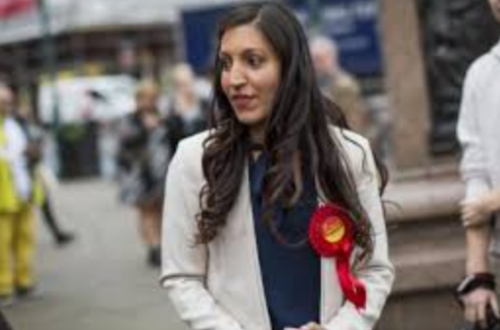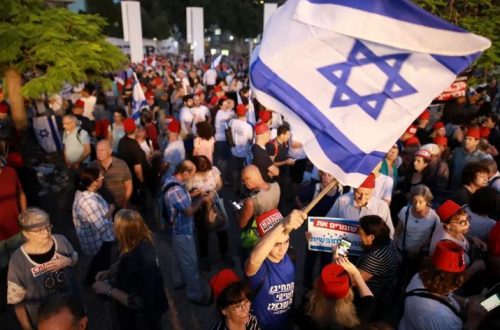Israel boycotts take many different forms. Proponents of academic boycotts will often assert that they don’t seek to boycott Israeli individuals, only Israeli institutions. This is easier said than done. For one thing, in practice it is difficult to separate researchers from their universities. Jon Pike identifies some of the problems here.
Here are two actions the boycotters call for, within the remit of an institutional academic boycott. BRICUP advocates:
• ‘Refusing research collaborations with Israeli institutions or to referee papers or grant applications issuing from such institutions.’ (BRICUP website)
The Scottish Palestine Solidarity Campaign says that it wants academics to
• ‘Refuse to serve as a referee for publications submitted from Israeli institutions.’ (SPSC website)
Because it’s the way things work in my field – I submit papers and book proposals, and I also referee papers and book proposal, I want to say something about this particular action. It’s clear that the institutional boycott is supposed to be institutional because it involves the boycotting of papers from Israeli institutions. But here is my question.
Who wrote these papers?
Another problem is that boycott enthusiasts often seem to forget that they are not supposed to be boycotting individuals. Here’s a reminder of a well-known example, Mona Baker’s decision to drop two Israeli scholars from the editorial board of a journal. Note that she objects to them, not because of their affiliations, but because of their nationality:
“As far as I am concerned, I will always regard and treat you both as friends, on a personal level, but I do not wish to continue an official association with any Israeli under the present circumstances.”
In a recent chilling development, very much focused on Israeli individuals, the Deputy Dean of a Brazilian University has issued a memorandum demanding a list of all Israelis working or studying on campus.
The memorandum explains the request came from several groups, including the Santa Maria Committee of Solidarity with Palestinian People. According to the university, the request is based on Brazil’s 2012 law on freedom of information, which orders public institutions to provide information to interested citizens.
Reproduction of the memorandum that surfaced on social media and carried the text “Freedom for Palestine, Boycott Israel” were forgeries of the original, which did not contain that text, the university said in a statement to local media. The university said it would file its own complaint for forgery.
It seems bizarre that the University is so keen to distance itself from the words ‘Freedom for Palestine, Boycott Israel’, when the memorandum itself goes further than this in profiling and singling out individual students and lecturers according to their nationality.
Brazil’s Jewish community has reacted angrily to the university’s actions.
Schlosser’s memorandum “was a clearly discriminatory measure, done by a high-ranking official in the federal education system, and it should be dealt with the severity it merits,” CONIB President Fernando Lottenberg wrote in a statement posted Thursday on CONIB’s website.
Hat Tip:@mrpolyatheist


